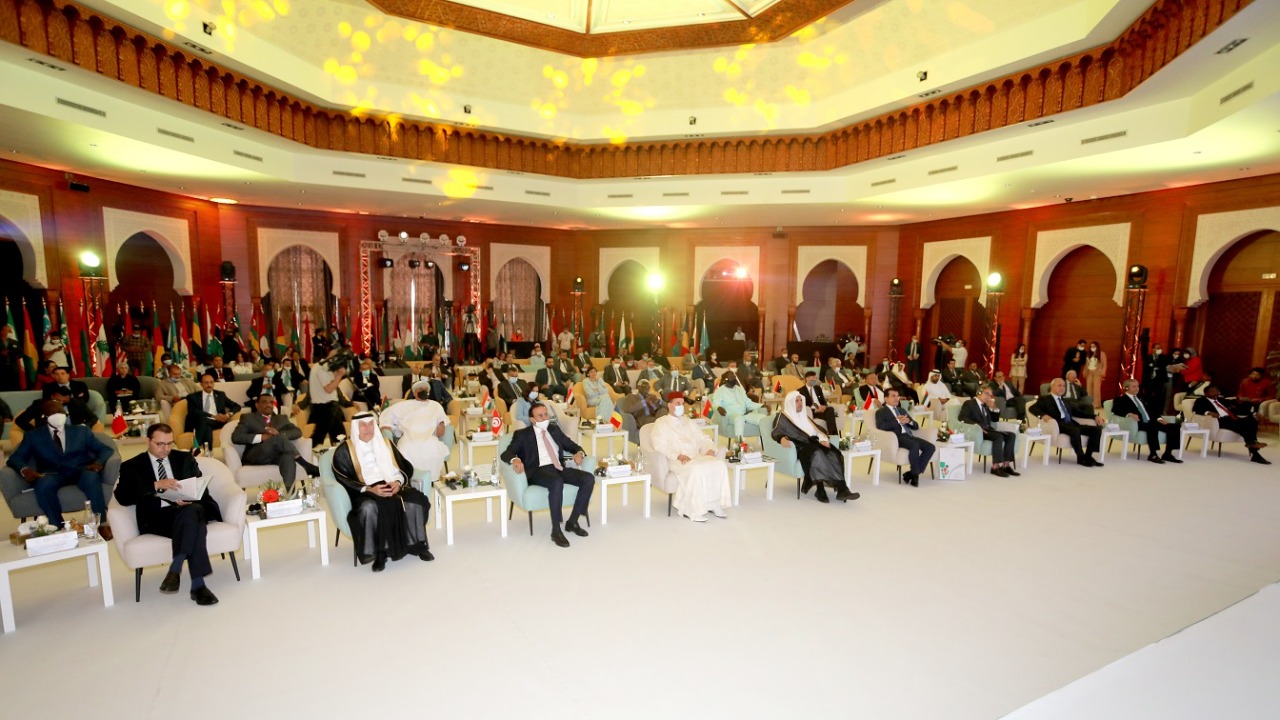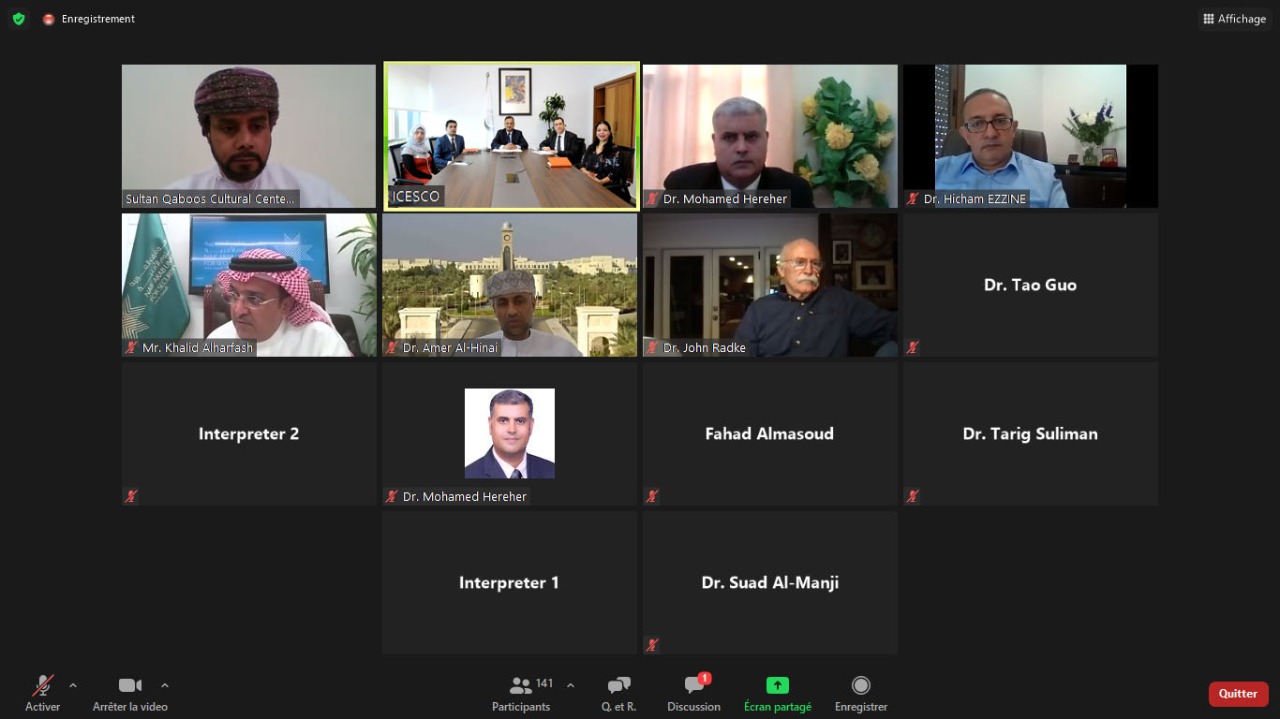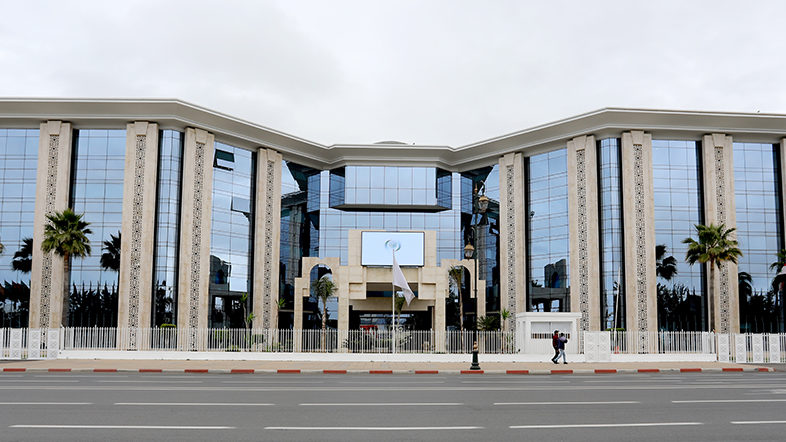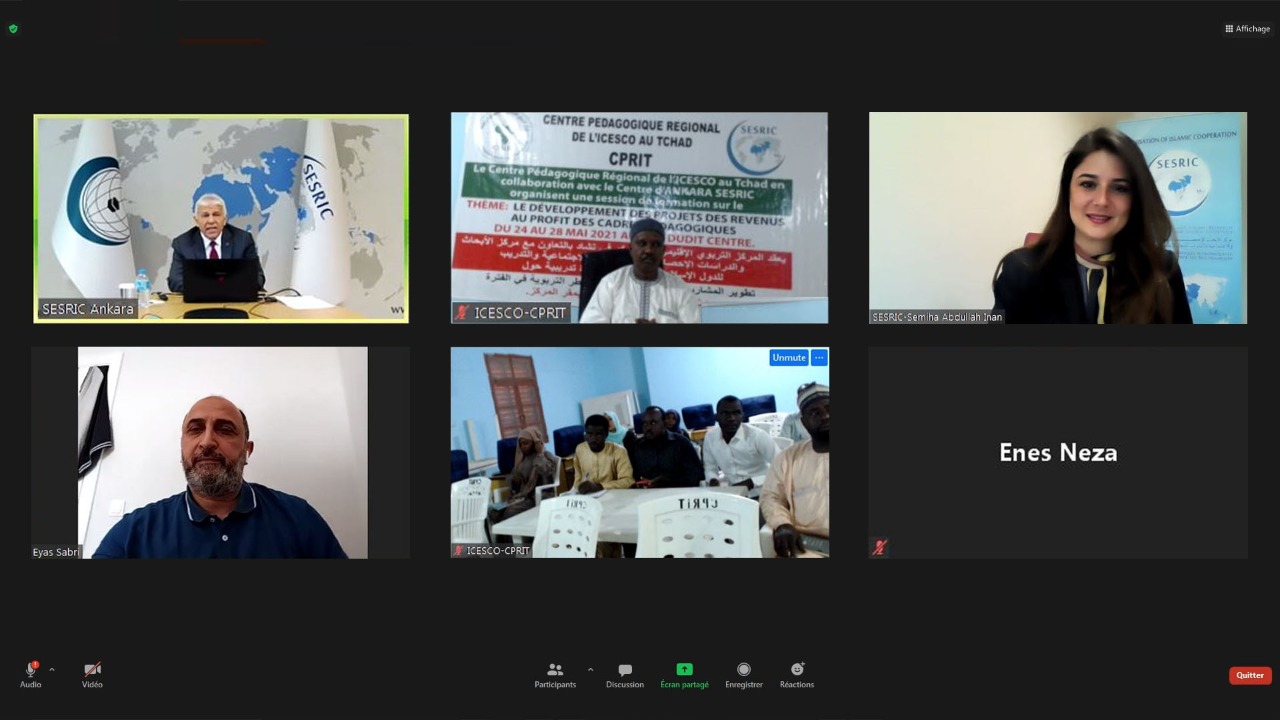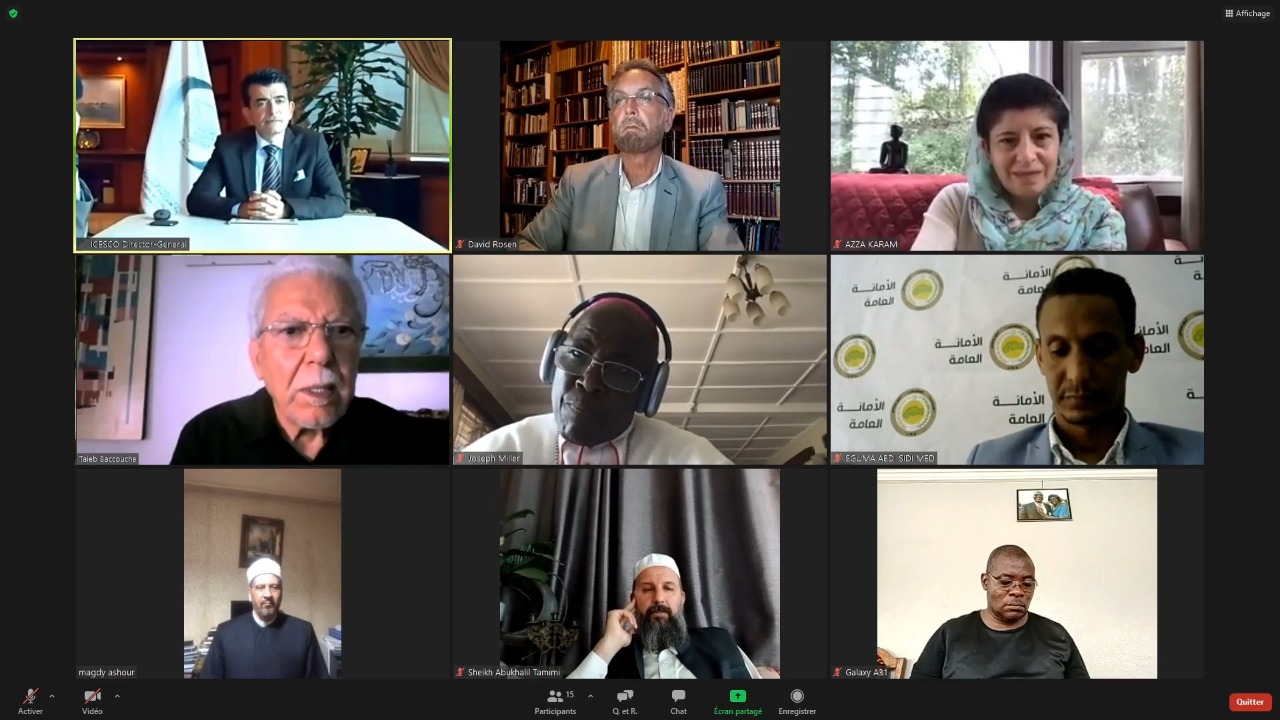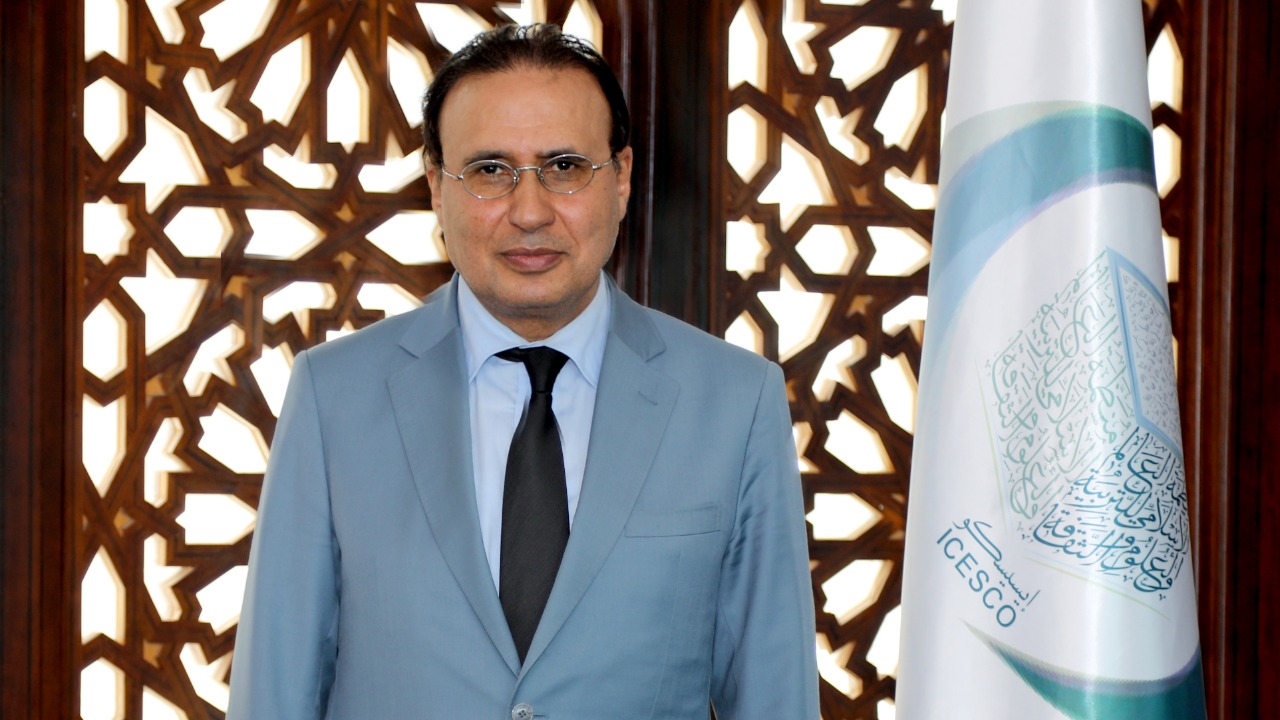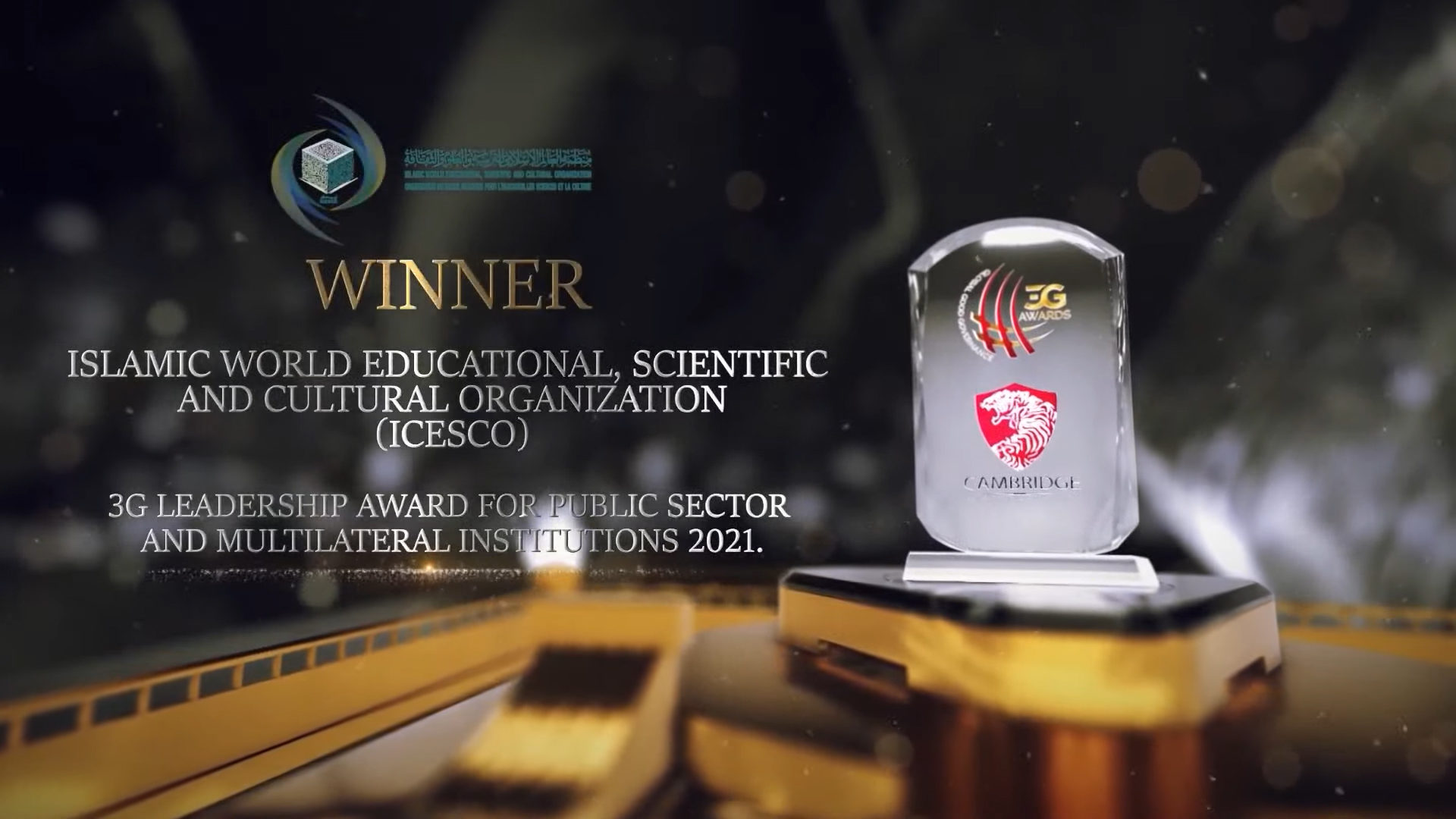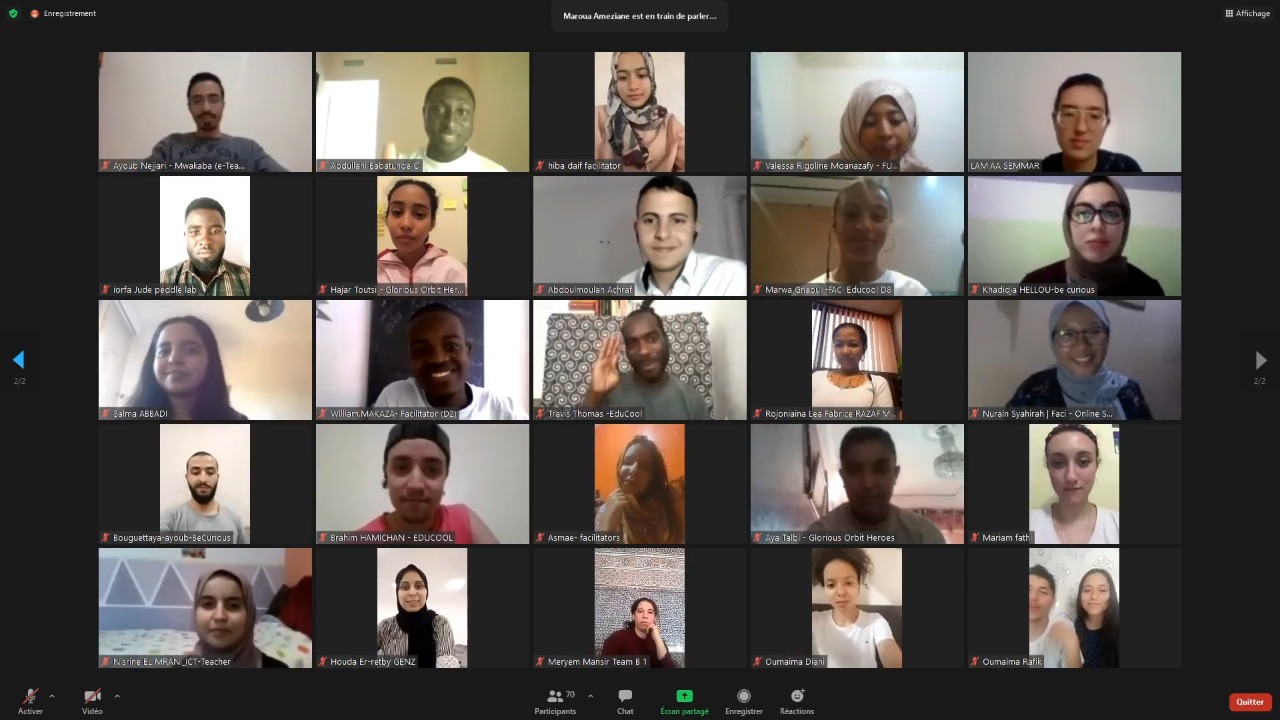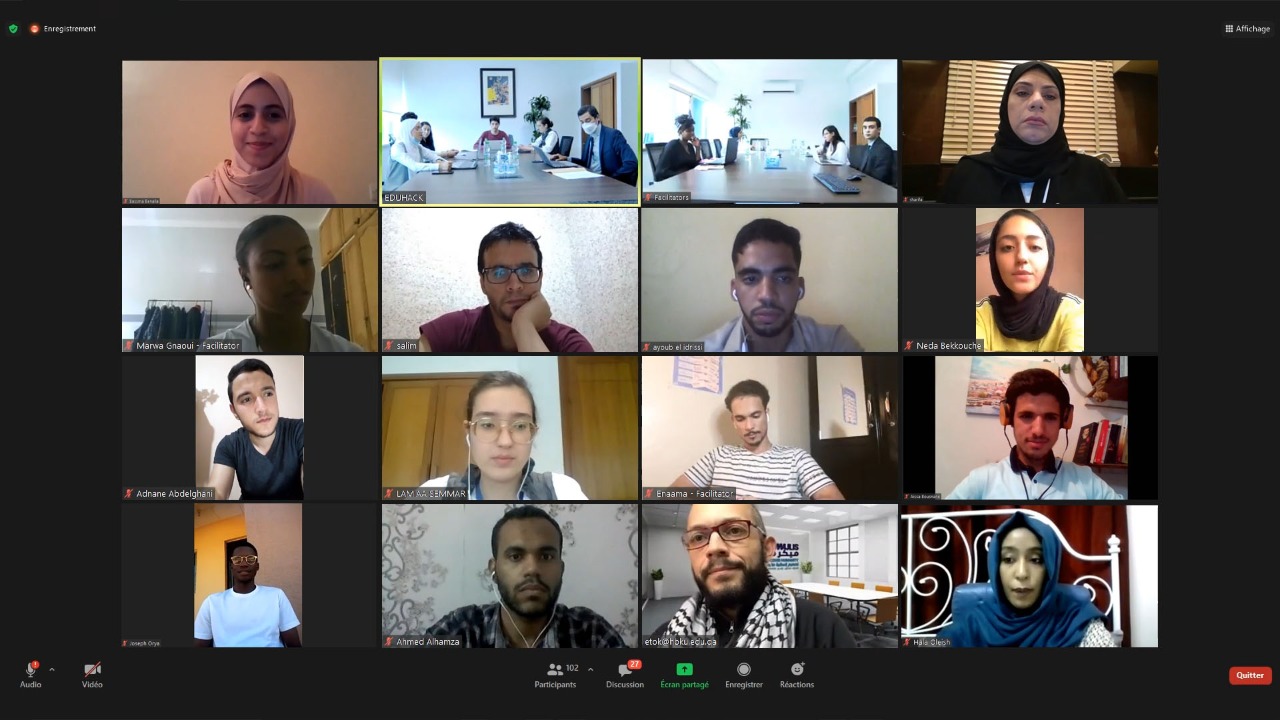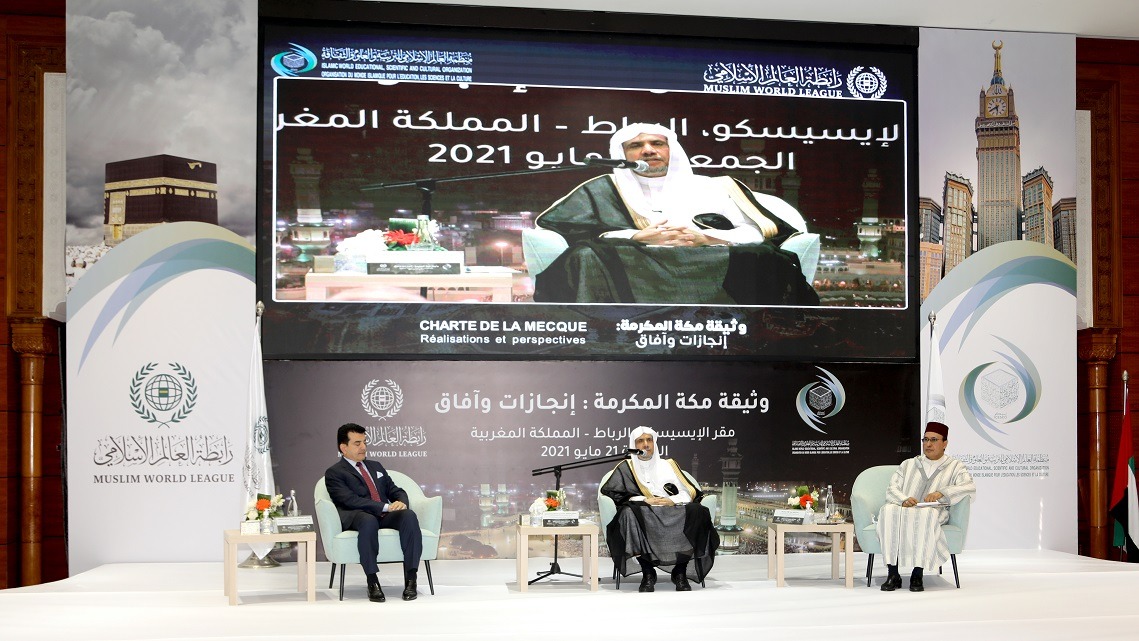The Islamic World Educational, Scientific and Cultural Organization (ICESCO) kicked off Thursday, May 27, 2021, its major event in love for the Prophet (PBUH), under the theme: “Towards a Future Vision for the Prophet’s Seerah,” held in partnership with the Muslim World League (MWL) and the Mohammadia League of Scholars, under the high patronage of His Majesty King Mohammed VI of Morocco.
After the recitation of verses from the Holy Quran, the honorary session started with the address by Dr. Salim M. AlMalik, ICESCO Director-General (DG), wherein he explained that the conference is a demonstration of our duty towards the Prophet (PBUH) in response to the misunderstandings of the various aspects of his Seerah.

Dr. AlMalik announced a set of key initiatives, including the organization of the Conference on the Prophet’s Seerah on an annual basis, the proclamation of an international day of the Prophet’s Seerah named “Day of Mercy,” and the launch of a major prize for the best initiatives and research works on highlighting and promoting the civilizational values in the Prophet’s Seerah.

In a video address, the guest of honor, Mr. Imran Khan, Prime Minister of Pakistan, underscored that the Prophet (PBUH) ran the Medina community, at the beginning of Islam, with the most civilized methods and rules the world has ever known in terms of the equal application of law to everyone and taking care of the poor and needy for the first time in history.

In a video address, the guest of honor, H.R.H. Prince Hassan bin Talal, President of the Arab Thought Forum, stressed the importance of studying the Prophet’s Seerah as an embodiment of the universal mercy established in the Holy Quran “We have sent you ˹O Prophet˺ only as a mercy for the whole world.”

The guest of honor, H.R.H. Prince Charles, Prince of Wales, in his address, delivered on his behalf at ICESCO headquarters by Mr. Simon Martin, UK Ambassador to Morocco, highlighted that the spiritual dimension must be the basis of our efforts to solve all social problems and face all global challenges such as the current pandemic.

The address of the guest of honor, H.E. Mr. Muhammadu Buhari, President of Nigeria, that Mr. Baba Garba, Ambassador of Nigeria to Morocco, delivered on his behalf, focused on the need to adopt a vision based on mutual understanding and coexistence, which constitute the essence of Islam. He also underlined the need to deconstruct and address the hostile messages posted on social media as they exacerbate misunderstanding and spread extremism among their recipients.

In his address, Dr. Muhammad bin Abdulkarim Al-Issa, Secretary-General of the MWL, highlighted the crucial civilizational values in the Prophet’s Seerah that link common sense with reason, which both constitute the moral basis of the ideal human existence, paving the way for the seekers of the right path, and leave non-Muslims in a state of astonishment and admiration.
Moreover, Dr. Al-Issa added that the MWL has prepared many extensive studies, which concluded that more than 50 percent of the causes of Islamophobia are rooted in some Muslim societies, either due to lacking awareness or exploitation of religion for material interests, along with other causes from outside the Islamic world, while indicating that Islam can overcome such crisis just like it did with many other obstacles throughout history.

Dr. Ahmed Abbadi, Secretary-General of the Mohammadia League of Scholars, spoke about the problems facing Islam, namely the damage that our corruption caused to planet Earth; the extreme armament for fighting each other; the hidden threats of the outbreak of major wars; 80 million studies are conducted each year worldwide with no clear impact; and the human need for more wisdom.
Dr. Abbadi also highlighted the studies and centers of the League, pointing out that the daily presence of young people in the digital space requires our presence as well in this space to provide guidance for them.

In his video address, Mr. Miguel Angel Moratinos, High Representative of the United Nations Alliance of Civilizations (UNAOC), reaffirmed that the monotheistic religions share the call for mutual understanding and coexistence, adding that the Messenger of Islam (PBUH) called for dialogue and benevolence as he is deemed the high representative of civilizational dialogue, who promoted tolerance and countered extremism and all forms of violent discourse.
At the close of the honorary session, Dr. AlMalik, ICESCO DG, handed ICESCO Honorary Shields to Dr. Al-Issa and Dr. Abbadi in appreciation of their efforts in serving Islam.

